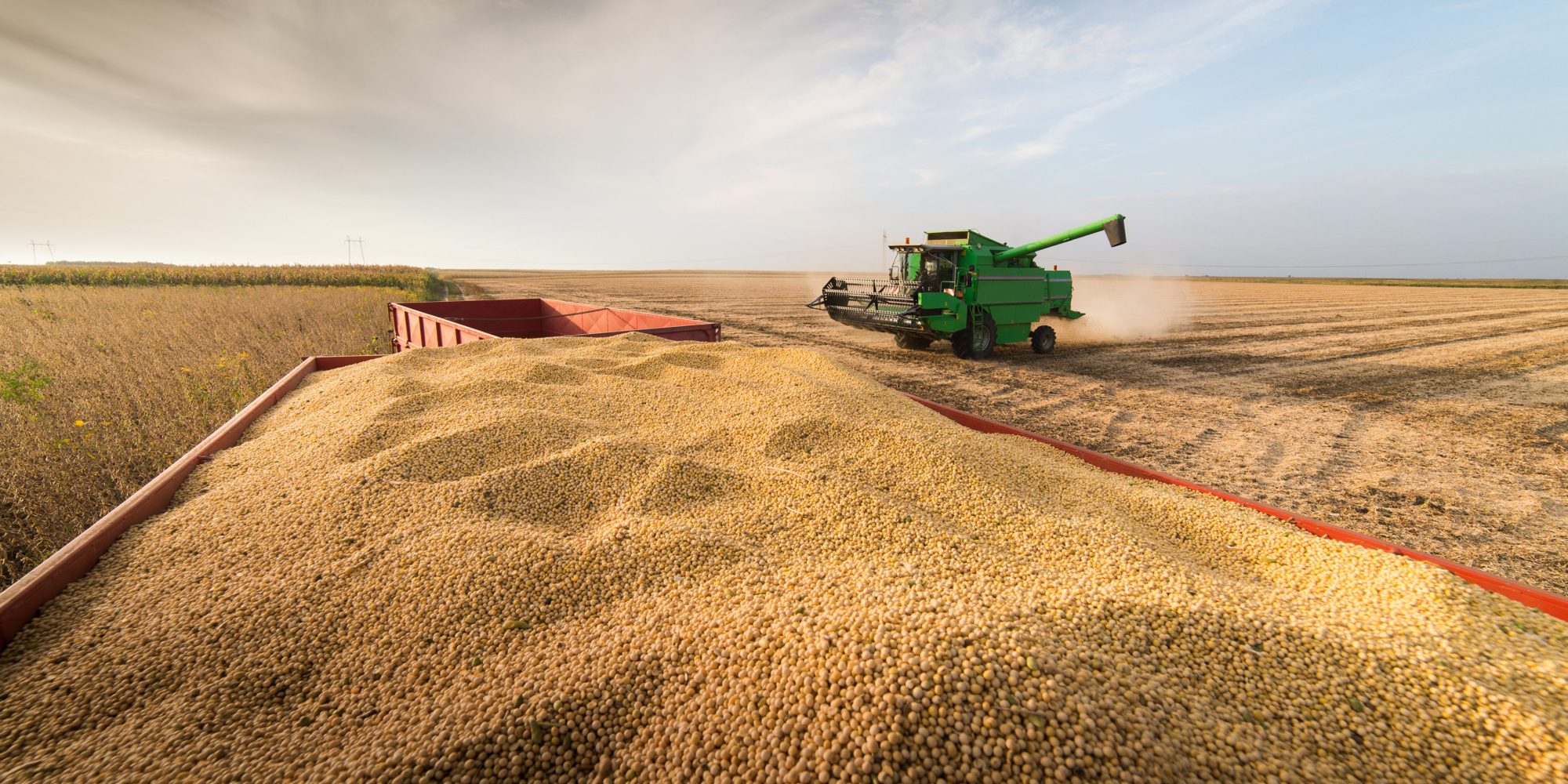11.21.2025
Sausage casings bulletin, November 21, 2025

...

The February World Agriculture Supply and Demand Estimates (WASDE) released by the USDA showed a continued tightening in domestic stocks for corn and soybeans, while the wheat balance sheet was left unchanged. Both corn and soybeans reflect higher expectations in export activity leading to narrowed stock projections. The US soybean crush was unchanged this month, as was soybean use for biodiesel production and corn usage in ethanol production.
The stocks to use ration for soybeans declined to 2.6 percent in February, down from 3.1 percent in January and 6.4 percent back in October. This is the lowest stocks to use ratio since 2013 and to put it in perspective, last year the ratio was about 13 percent. Tightening supplies lead to an increased probability for higher prices while at the same time increasing volatility within the market place. Soybean prices were seen moving higher on Tuesday and up more than 14 cents per bushel in afternoon trade. Globally, soybean stocks were seen to be on the decline by the USDA, supporting higher domestic values.
The stock to use ratio for corn declined from 10.6 percent in January to 10.3 percent in Feb. Export projections were increased by 50 million bushels to 2.6 billion bushels. This lowered ending stocks 50 million to 1.502 billion bushels. As with soybean, the stocks to use ratio is at its lowest point since 2013. However, the global coarse grain outlook improved from January. Global production is forecast higher, consumption lower, and ending stocks are expected to increase. The global outlook helped to take some of the pressure off domestic corn values, with corn trading about eight cents per bushel lower in late afternoon trading. The Supreme Court has accepted a case on exempting small oil refiners from having to comply with renewable fuel standard (RFS) blending requirements. This case may be heard in April and could have an impact on corn demand for ethanol production.